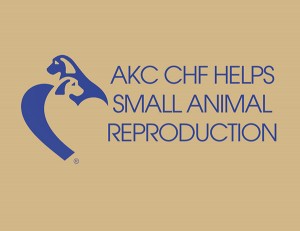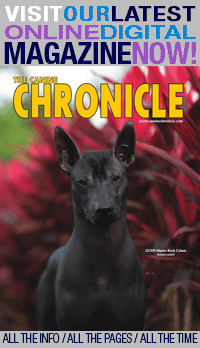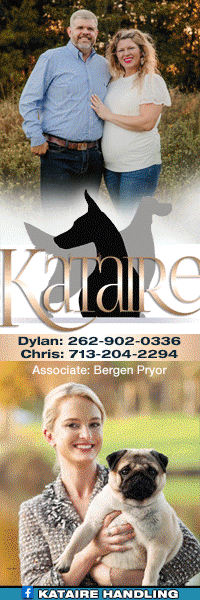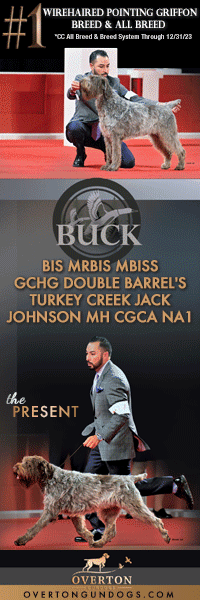AKC CHF Helps Small Animal Reproduction
Click here to read the complete article
 By Sharon M. Albright, DVM, CCRT
By Sharon M. Albright, DVM, CCRT
The theriogenology service at Auburn University College of Veterinary Medicine has a long-standing history as a strong and well-rounded program, serving both large and small animal species. So, it was no surprise that they were one of the first veterinary schools to receive funding through the American Kennel Club/AKC Canine Health Foundation/Theriogenology Foundation (AKC/AKCCHF/TF) Small Animal Theriogenology Residency Program.
Theriogenology is the branch of veterinary medicine concerned with reproduction, including the physiology and pathology of the male and female reproductive systems, and the clinical practice of veterinary obstetrics, gynecology, and andrology.
The American Kennel Club (AKC) and AKC Canine Health Foundation (CHF) along with the Theriogenology Foundation (TF) recognized an unmet need for additional veterinary clinicians with expertise in this field. Through a competitive grant program, AKC and CHF provide funding and partner with the Theriogenology Foundation to support veterinary residency training with a focus on canine reproductive health. Residents are trained in all aspects of small animal reproductive medicine and surgery, canine clinical genetics, health research, and clinical practice. The program has met and exceeded expectations, supporting seven residents at five different universities since 2016, with funding to support the program extended through 2023.
Timing is everything
The AKC/AKCCHF/TF Small Animal Theriogenology Residency Program began shortly after Auburn University completed construction of the Wilford and Kate Bailey Small Animal Teaching Hospital, one of the nation’s largest and most advanced animal healthcare and clinical education facilities, in 2014. With expanded facilities and a growing team of specialists, the college was able to provide more focus on canine reproduction. Benefits to the university and local dog breeding community were immediate.
“Our small animal caseload increased dramatically,” states Dr. Robyn Wilborn, Associate Professor of Theriogenology and Residency Coordinator at Auburn University College of Veterinary Medicine. “With dedicated space in the hospital and increased visibility of our impact on the companion animal community, the Small Animal Theriogenology Service garnered more respect from everyone at the university.”
Click here to read the complete article
Short URL: https://caninechronicle.com/?p=177834
Comments are closed











